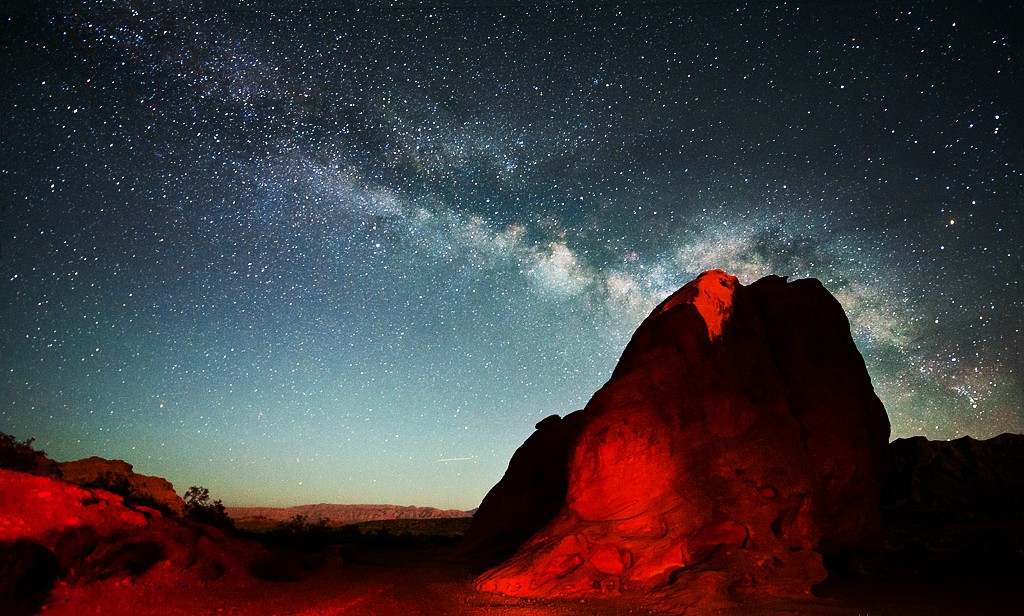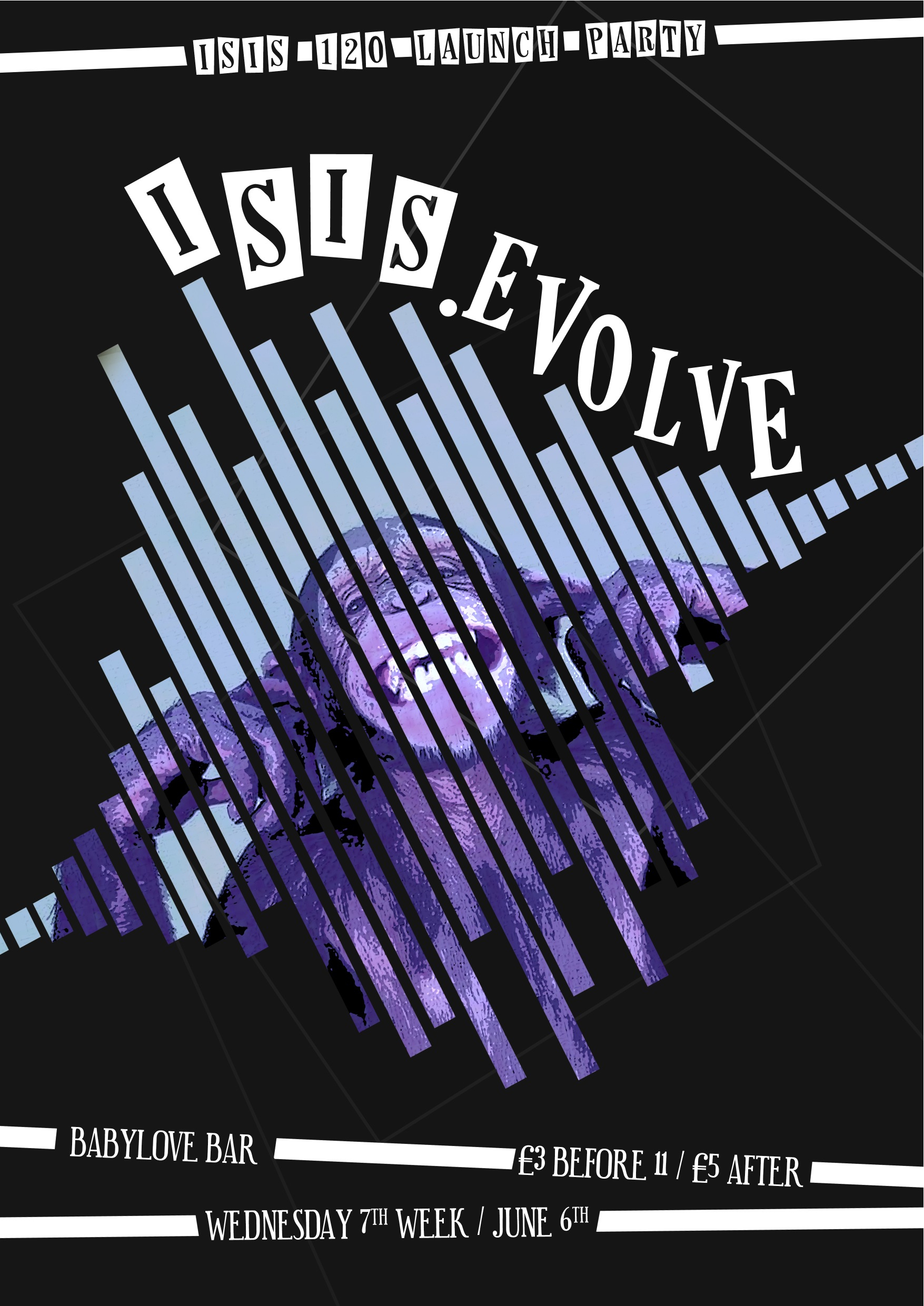
One Way Ticket To Mars
“My mum doesn’t just want me to explode in the middle of the atmosphere – and nor do I! That would be bad.”
In January 2014, Laurel Kaye found out that she had been shortlisted for a one-way trip to Mars. The Duke University student is no stranger to travelling: she was studying on her year abroad in Oxford when she heard the news. Unlike a study-abroad programme however, the Mars One mission does not plan on bringing its astronauts back home. If selected as one of the final 24 candidates, and if the mission succeeds, Laurel will spend the rest of her life on Mars.
Laurel is a space-obsessed physics major who has wanted to be an astronaut since childhood. She smiles when I ask her about the media coverage of Mars One, which has accused the candidates of being everything from dishonest to misguided to, quite simply, insane. “I am a little bit crazy, but everyone’s a little bit crazy about what they’re passionate about.”
It is the very permanent nature of the Mars One mission that has attracted such interest and, in some cases, horror. Run by a Dutch non-profit organisation, the mission plans to establish a permanent human colony on Mars by 2027. Applications opened almost two years ago, and within five months they claim 202,586 aspiring astronauts from around the world had paid $37 to put themselves forward. The number of applicants, like everything about Mars One, is much contested – the actual figure is reportedly as low as 2761. Some argue that these amateur astronauts would be completely unqualified for the challenges of settling on Mars. Only seven of the 100 candidates have a Ph.D., while 19 have no degree at all.
But strip away the logistical concerns, and you are left with a diverse group of individuals who want to leave Earth and never return. As one candidate tells me, being part of the mission essentially involves “blowing up your life for an uncertain return.” Another describes how his selection has changed the way he lives: “It’s like knowing the date of your own death. Mars One settlers will for all practical purposes be dead to Earth.” Mars One candidates have been questioned relentlessly about why they are willing to abandon their family and friends. Laurel explains that she sees the mission not as “sacrificing my life or something, but actually having a life, and having a life that I’m happy with and excited about.”
That life, according to shortlisted candidate Chris Patil, “would probably be a combination of awe-inspiring and just frustrating and dull.” The mission plans to send six teams of four astronauts to Mars, with the first team leaving in 2026 on a flight that will take seven months. The 42-year old biologist and scientific editor does not pretend that the idea of spending the rest of his life with as few as 23 other people appeals to him: “There’s not much chance we wouldn’t have a lot of cabin fever.”
I receive several strange responses from Mars One candidates when I ask for their thoughts on the mission. One writes back, “I was so bored of planet Earth I dreamed of an alien abduction: only in my case I would beg the aliens to keep me.” But Chris and Laurel are more realistic about their motivations for and chances of going to space. Chris is yet to ask himself any “existential” questions because “the likelihood of the trip actually happening is fairly low.” This pragmatism is perhaps due to their backgrounds in science; they are both more interested in the possibilities for research than their own desire to leave an intergalactic legacy.
Sonia van Meter, a 36-year old political consultant from Austin, Texas, does not share the same scientific qualifications as Laurel and Chris. “I have no medical training, no technical training and no engineering training. I would be less than useless on Mars.” She thinks that the selection process so far has largely been based on personalities. She smiles out at me from the screen and bashfully checks that I won’t be recording the interview for video as she isn’t dressed for broadcast; although her wardrobe choice is fittingly a Mars One t-shirt. She appreciates that the application process may seem “a bit superficial”, but points out that “we’ve got another 12 years before any of us goes anywhere. In 12 years you could conceivably train a monkey to speak Latin.”
Although research is not her reason for going, Sonia claims that, “I don’t do this for me. I do this because humankind needs it, and it is worth a life. It’s worth multiple lives.” All the candidates I speak to are strikingly optimistic, willing to give up a legacy on Earth – children, a partner, friends – for a very long shot at a place in history. For some that might constitute a mark of personal glory, for others a more altruistic legacy might be in mind. “Space exploration benefits us in immeasurable ways,” Sonia tells me. “This is the next giant leap for humanity.”
For other candidates, the desire to go to space is neither philanthropic nor academic but simply a childhood dream that has endured. Chris grew up watching Carl Sagan’s TV show, Cosmos, the celebrated 1980s documentary that looked at our place in the universe, on the floor of the living room. “What finally made me apply was the realisation that my nine-year old self would totally kick my ass if I didn’t.”
Photo by







